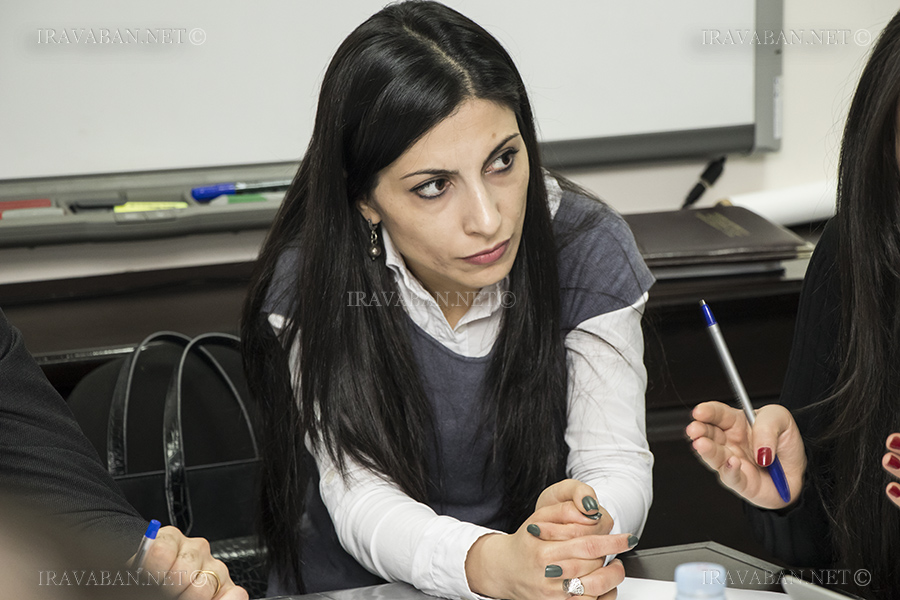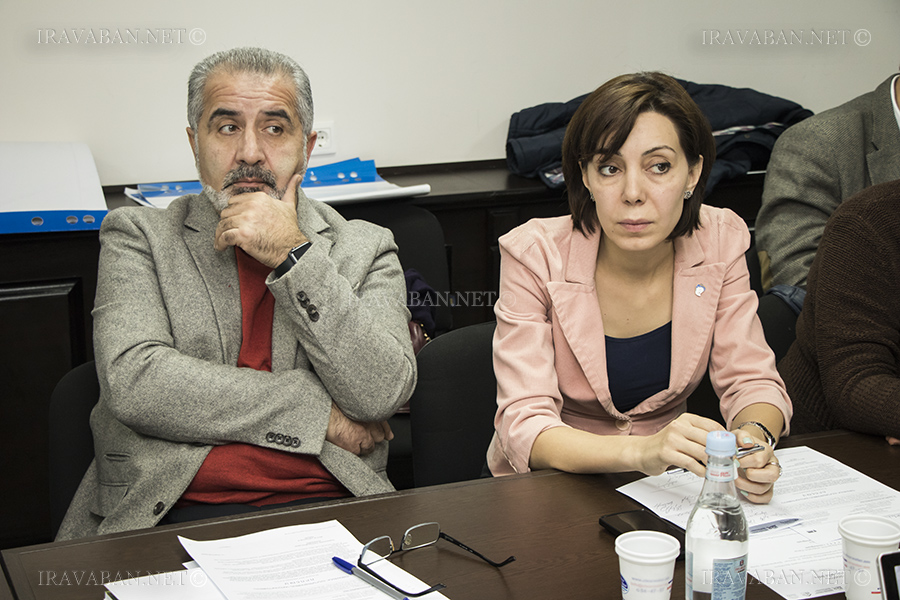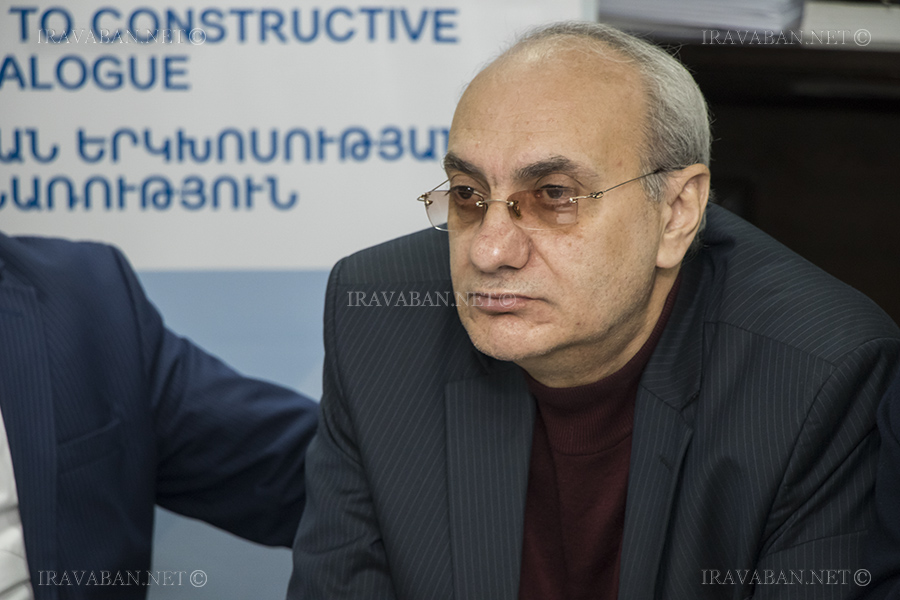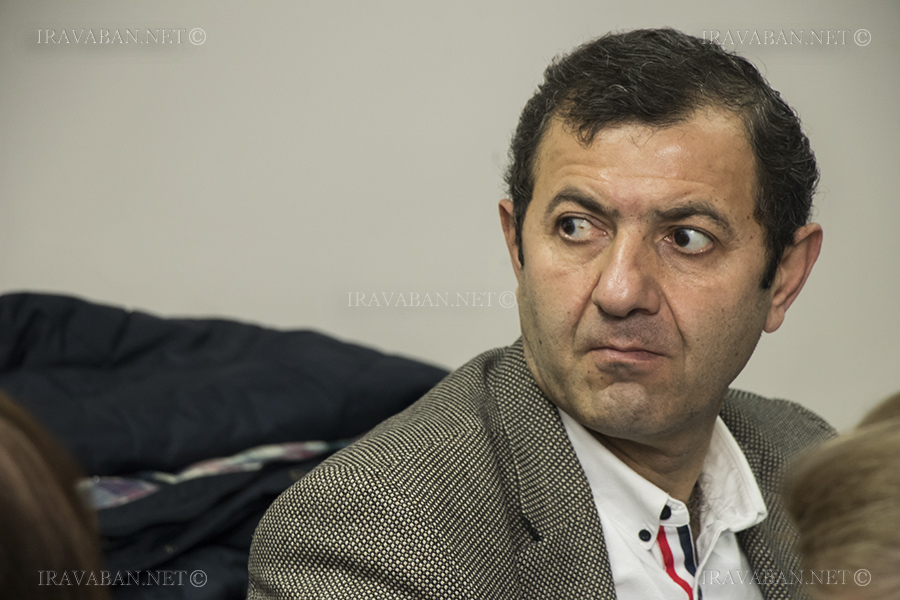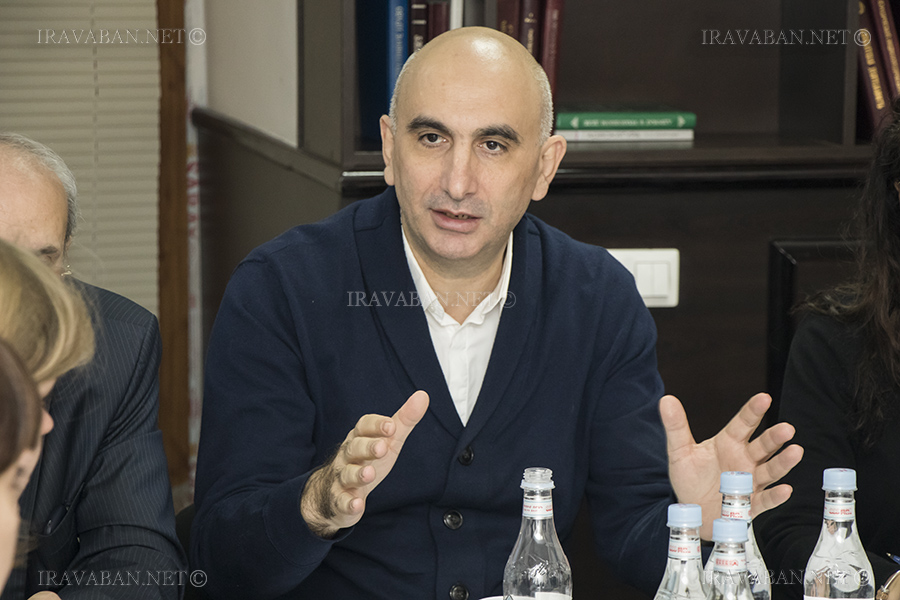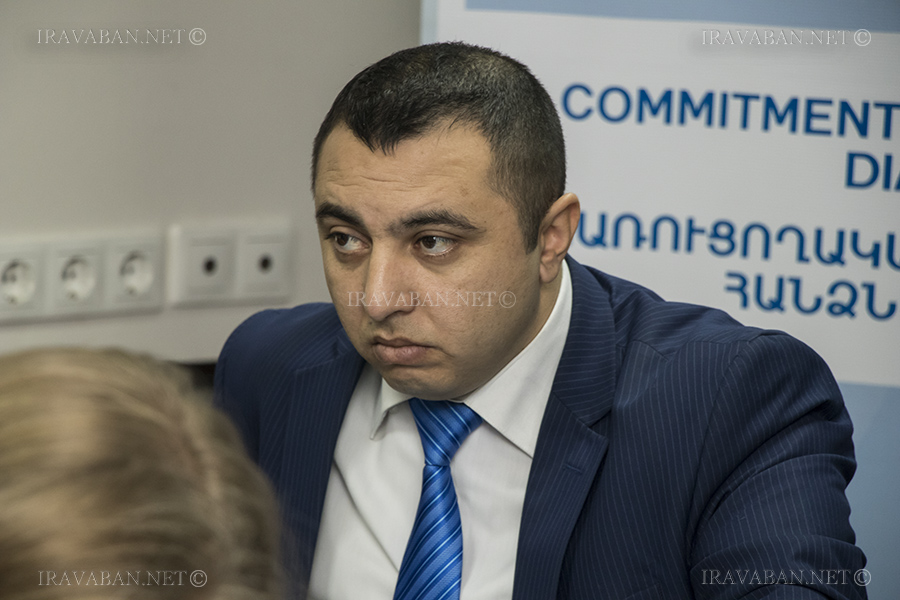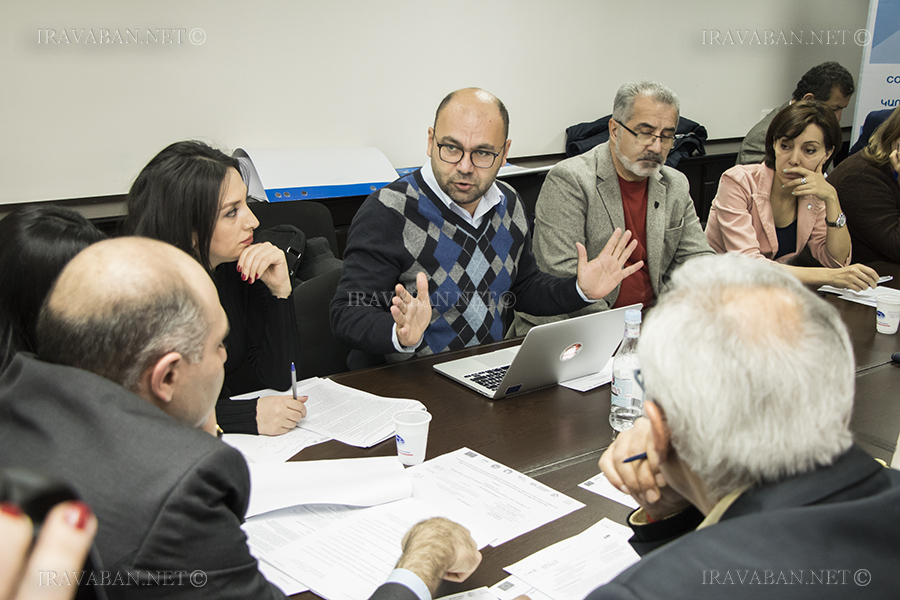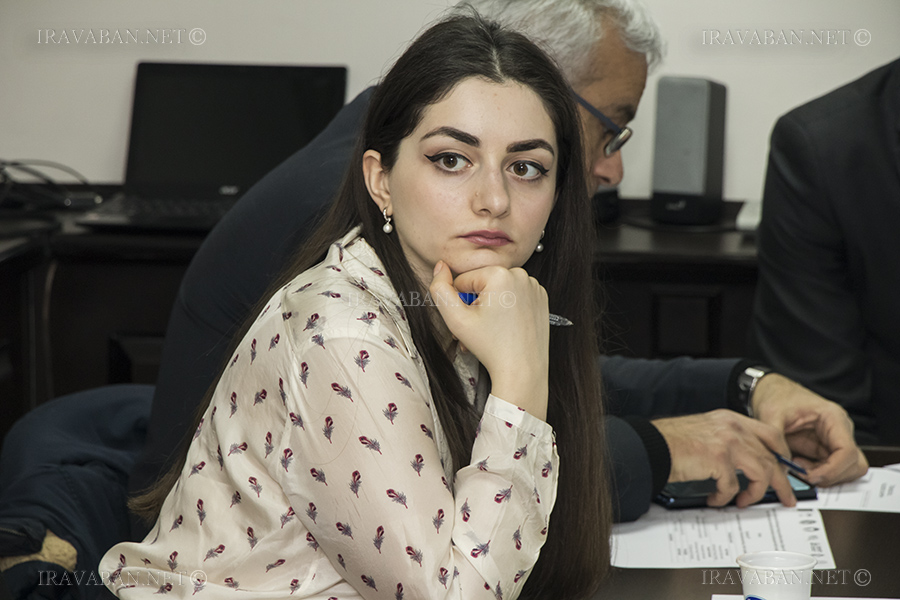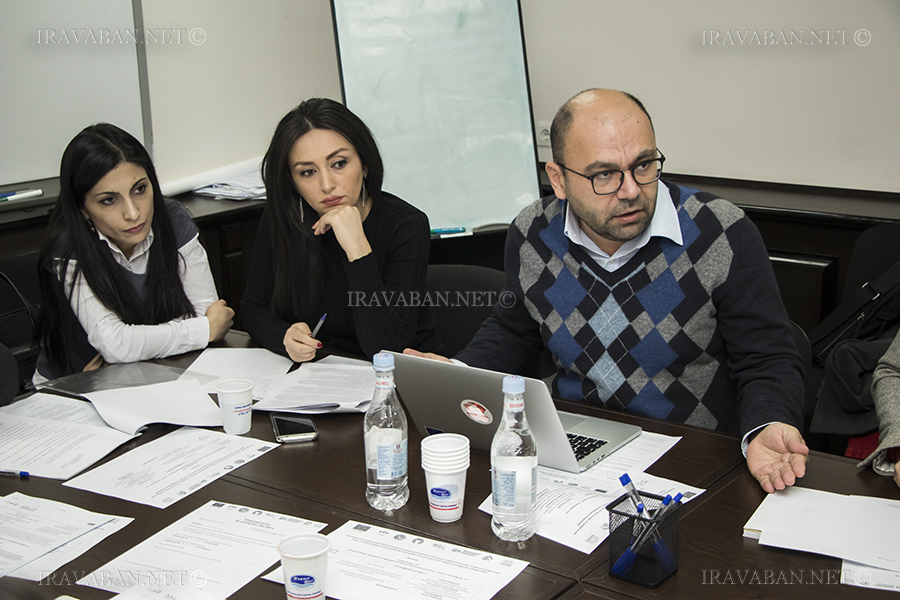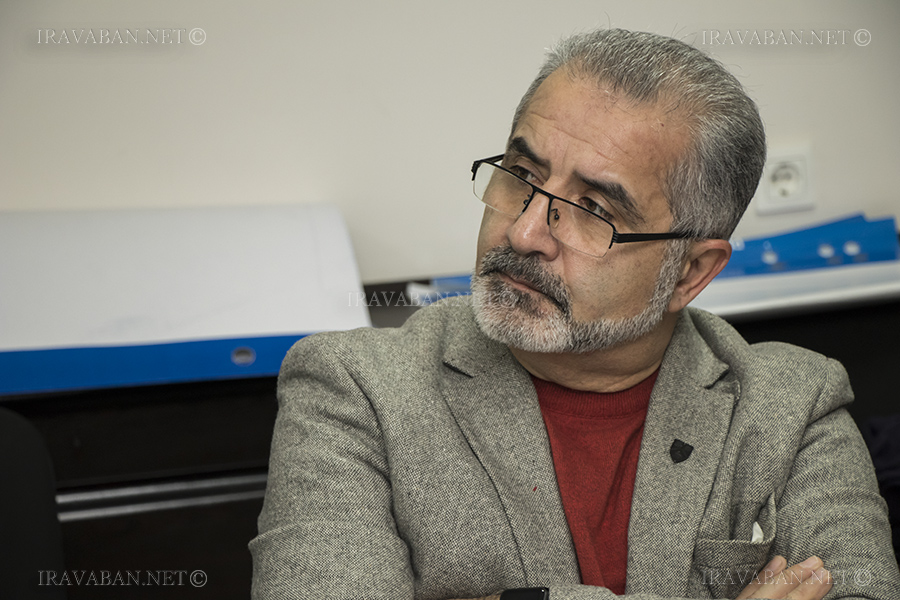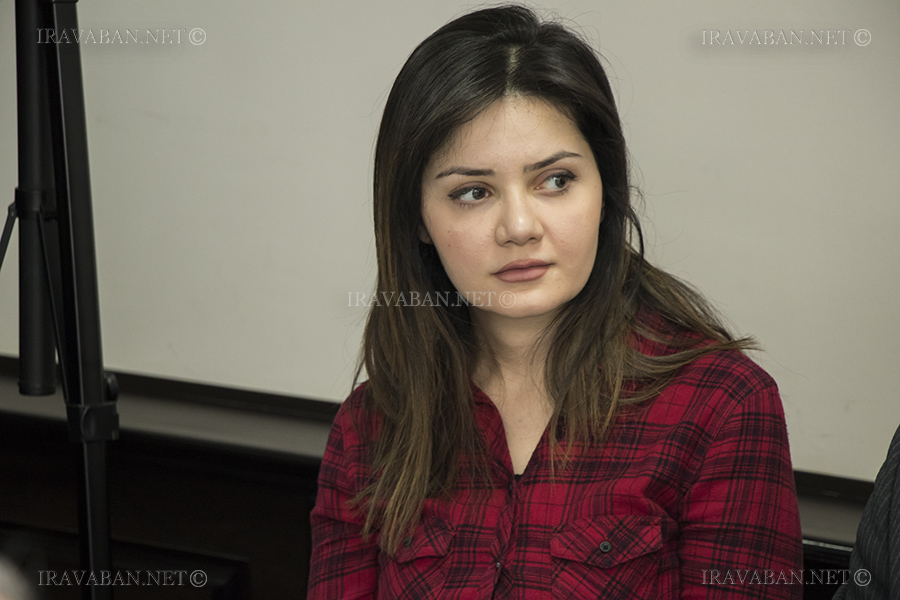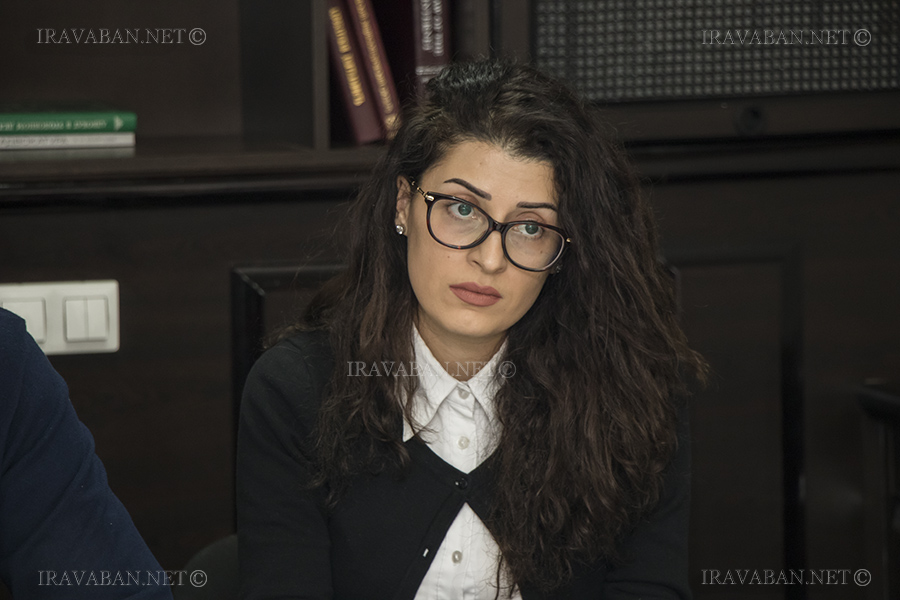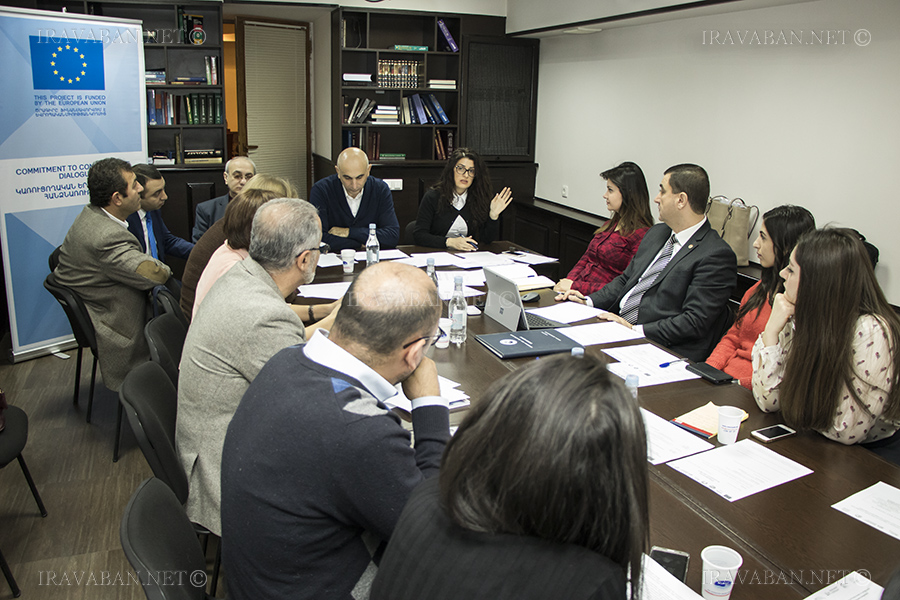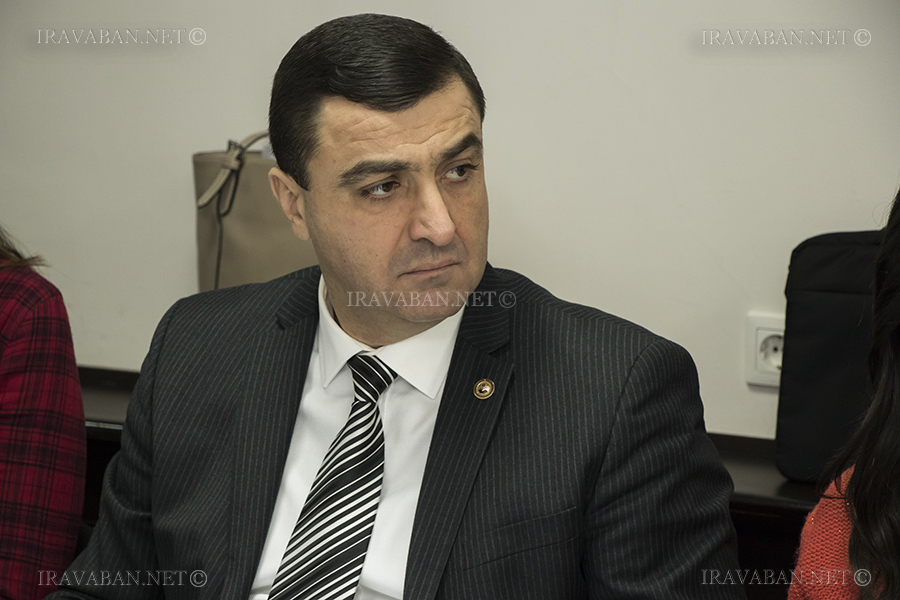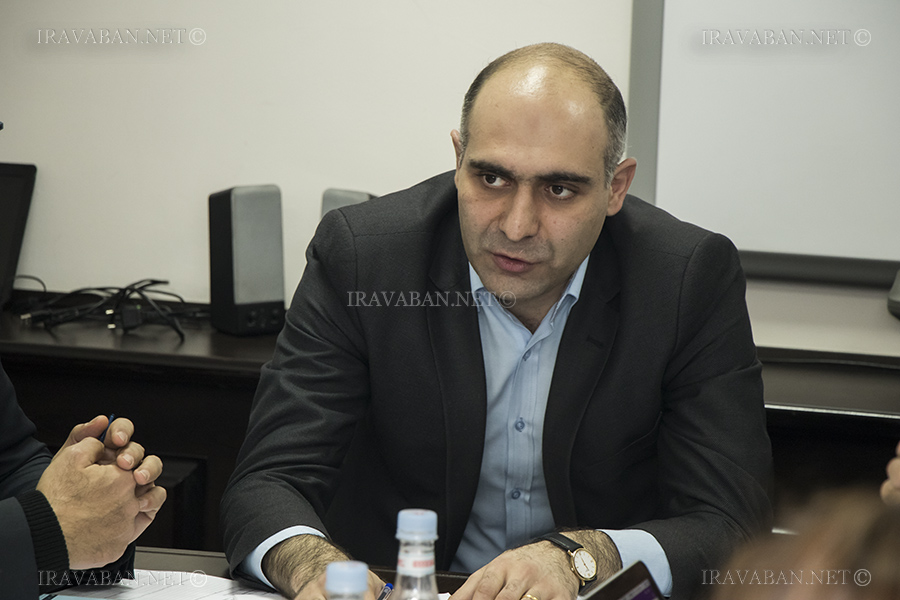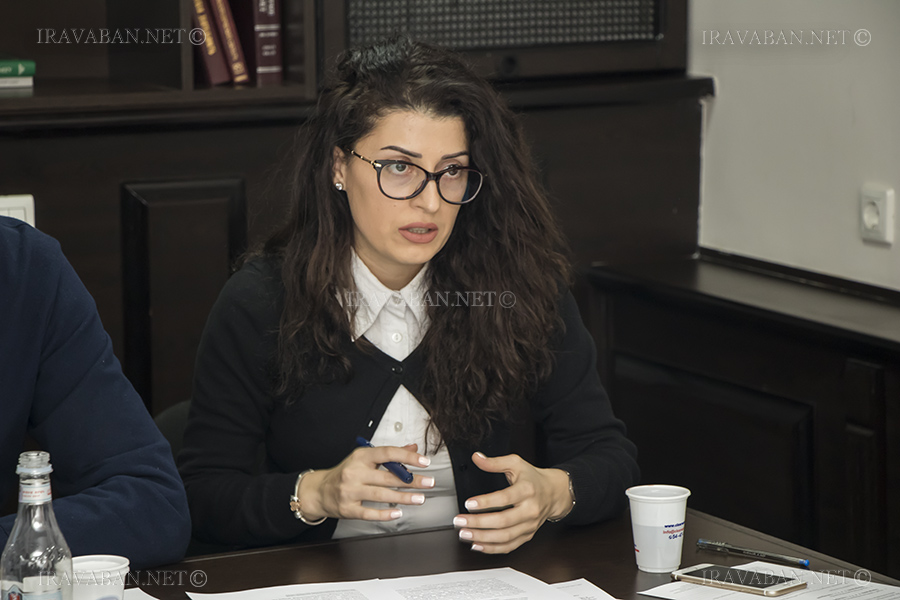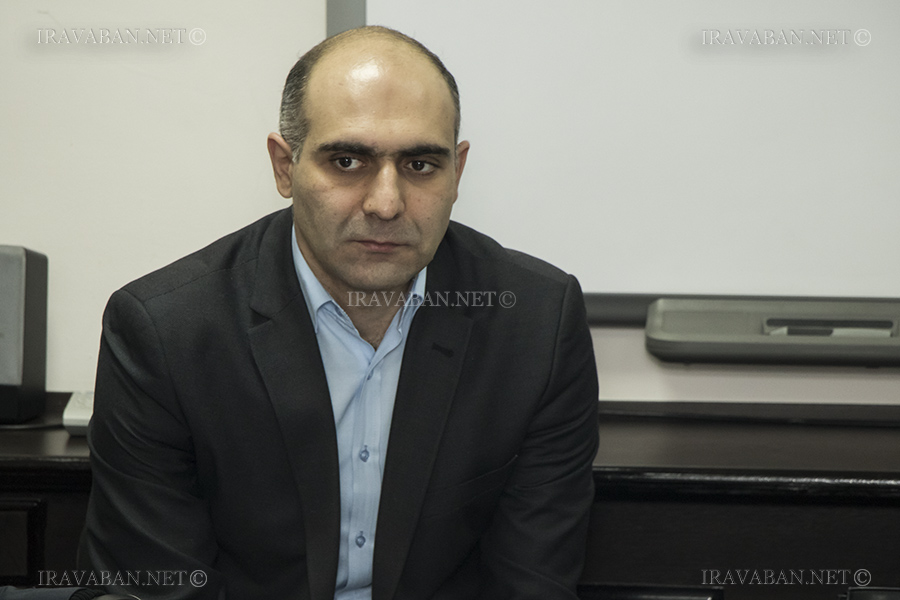The decision of the government adopted in July of this year has resulted rather serious problems for the non-profit organizations. The 910-N Decree adopted on July 27, has established a professional commission qualifying altering or suspending as privileged the subsidies, subventions and grant programs. The procedure of its activities and composition has been approved. The same decision, has established the procedure for qualifying altering or suspending as privileged the subsidies, subventions and grant programs by the Commission
Today, representatives of the state structures and representatives of the interested civil society organizations (CSOs) discussed issues related to the legal regulation of grant programs and the problems arising from them. The discussion was organized within the framework of EU-funded “Commitment to Constructive Dialogue” project.
“Studying the decision, we find that it does not completely regulate granting privileges of the organizations that implement grant programs, and defines a tax discriminatory approach towards grantee organizations,” Miss Syuzanna Soghomonyan, Coordinator of CSO-Government Dialogue of the Project said and presented a number of issues related to the government’s decision.
Problematic here is that the decision defines that projects that are implemented in information technologies, tourism, agriculture, science, education, energy and environment protection spheres which stimulate the development of the Armenian economy can be qualified as privileged. This definition jeopardizes the financial stability and future activities of non-profit organizations. There are about 4000 NGOs operating in Armenia, which conduct activities in the mentioned areas, but also in such areas as justice, culture, social sphere, small and medium-sized businesses, etc. Such an approach leads to unequal competition conditions and is manifested as an apparent discrimination between institutions that implement grant programs, and consequently results in a discriminatory taxation approach
Mr. Arsen Stepanyan, “Bridge for CSOs” Project Manager (Project implemented by the Armenian General Benevolent Union (AGBU) noted that there is no justification, no research has been carried out on why the above mentioned spheres have been chosen and no other spheres. In response, the representative of the Ministry of Finance Artur Aleksanyan mentioned that the need for this legal regulation has appeared as a result of the issue in the case of IT sphere when the IT Company could receive a large grant, provide services within its framework, conduct works and not be taxed. At the same time anti-competitive activity has been taken into consideration.
S. Soghomonyan also presented the problem that the aforementioned commission which would examine whether grants are privileged or not, is composed from exclusively representatives of state structures. Taking into account the peculiarities of implementation of grant programs, it is also necessary to involve independent civil society experts in the work of the commission with the right of advisory vote. The latter may provide expert / professional conclusions on the evaluated program and its possible impact.
The other crucial issue is that the government’s decision only refers to subsidies, subventions, and grant programs. “It is unclear whether the sub-grant programs are also considered as grants or not; and whether the provisions of this regulation shall also apply to them. Therefore, in order to avoid misunderstanding, we suggest clarifying this issue,” Syuzanna Soghomonyan said.
Ms Anoush Margaryan, a representative of the Eurasia Partnership Foundation, asked about the criteria that will determined, in which cases the income is privileged and in which cases not. Mr. Asanet Aloyan, representative of the State Revenue Committee, presented the cases in which the above-mentioned income would be taxed; but at the same time there were no clear answers to criterions or assumptions for considering the sub-grants privileged or not.
At the end of the meeting the participants of the discussion decided to coordinate the problematic issues and submit proposals for their solution to the Ministry of Finance.
The “Commitment to Constructive Dialogue” Project, which is implemented with the financial support of the European Union by the “Armenian Lawyers’ Association” NGO in cooperation with its partners; Agora Central Europe o.p.s (an NGO from the Czech Republic), Armenian Center for Democratic Education-CIVITAS, “International Center for Human Development” Public Organization, SME Cooperation Association and Union of Communities of Armenia.

